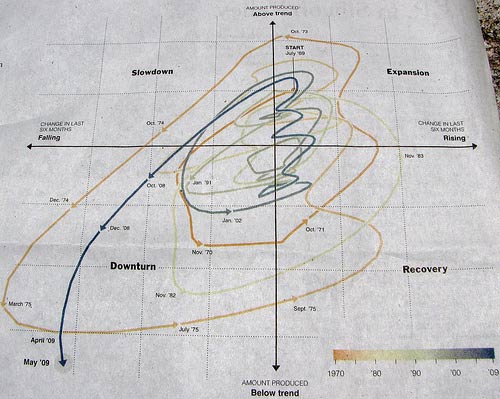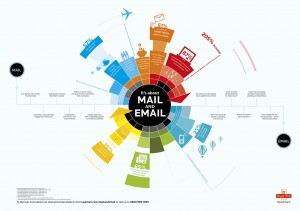 It’s the hoary old chestnut : what exactly does CSR mean to you?
It’s the hoary old chestnut : what exactly does CSR mean to you?
Is it the environment, biodiversity and pollution?
Or maybe human rights and justice, ensuring we don’t abuse our fellow humans for personal gain?
Or is it just a resources based question, centred on ensuring you don’t consume more than can be produced?
This last is the angle most sustainability experts take, pointing out that this is not just a raw materials perspective but one which also embraces the likes of atmospheric health and human well being.
However most businesses think only of raw material use, power consumption and waste production. Measured in these simplistic terms all that CSR and sustainability will achieve is doing business in a more efficient manner. This is better than being grossly wasteful and irresponsible, but it is not sustainable.
This is because the fundamental flaw in the current business model has not been addressed : growth.
Businesses need to operate at a profit, there is no argument there. However, there is no imperative for either business or the economy to be in a state of continual growth. Many SMEs operate quite happily through having a set of regular clients whom they service and there is no presumption that it’s different for large companies.
Yesterday I tweeted an article entitled Limiting Growth To Save The World. Please note the word is “limiting”, not “eliminating”. One of my twitter correspondents responded pointing out that the last time downsizing was proposed they were attacked by the establishment for proposing terrorism.
A very US turn of phrase, but the same counter argument was made across Europe: that our culture is based upon a growth economy and to try and stymie that growth is to somehow undermine the culture.
The absurdity of perpetually growing businesses and economies was neatly summed up by Dax Lovegrove, head of industry and business for WWF, in the recent Financial Times article Response falls short of ecological challenges.
“The dilemma faced by the private sector is that if business growth continues, even with some efficiencies, the net result is higher impacts. And that can’t go on forever,” he said. “There’s an inevitable ecological crunch looming, where companies are going to have to think quite differently.”
This is where a real sustainable business model needs to come to the fore. One which isn’t based on growth but on sustainability: a radical rethink for businessman and politicians alike.
Picture Credit: Business cycles – round and round we go by Raquel Baranow under Creative Commons Attribution License.
A former CTO, Chris has a broad and varied background. He’s been involved with blue chips, consultancies & SMEs across a wide variety of sectors and has worked in Europe, the Middle East and Australia.
In 2007 he decided to combine his knowledge of business and IT with his passion for all things sustainable and has been busy writing ever since. However, his greatest ambition remains to brew the perfect cup of coffee.
